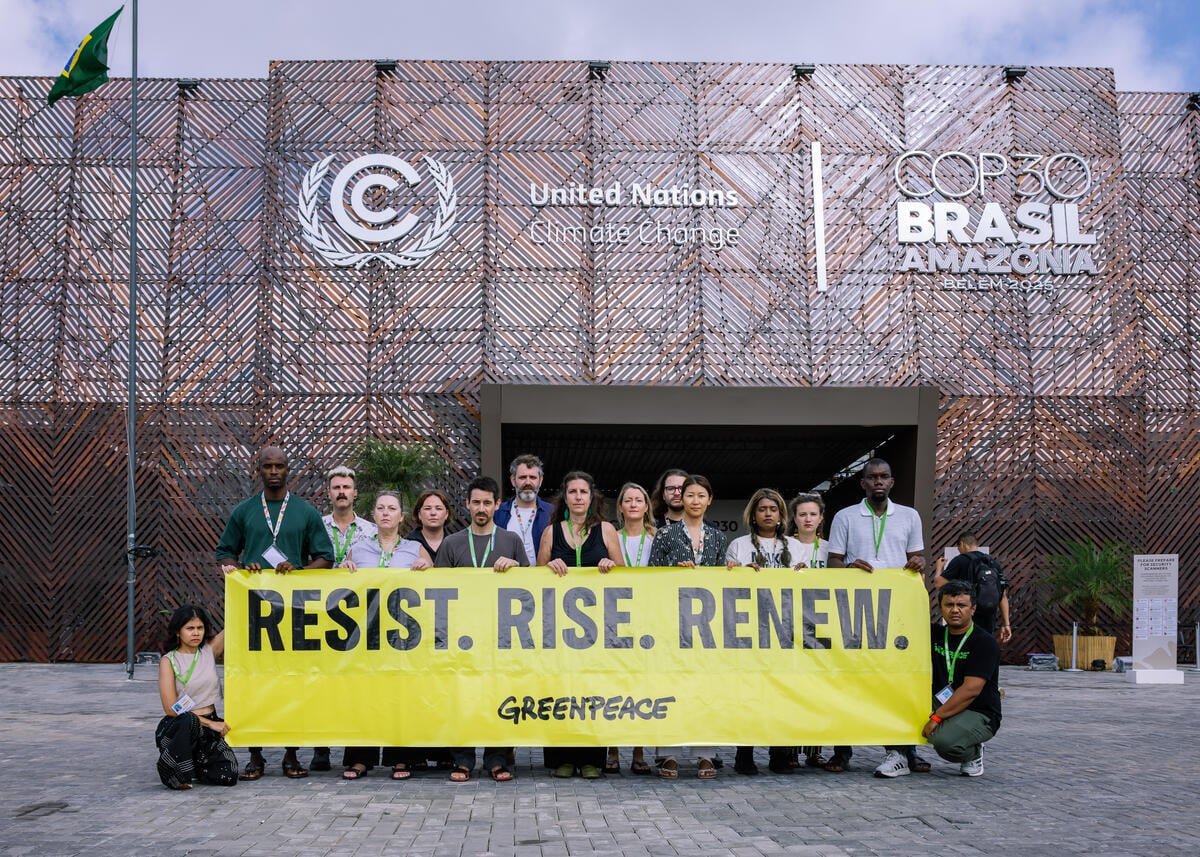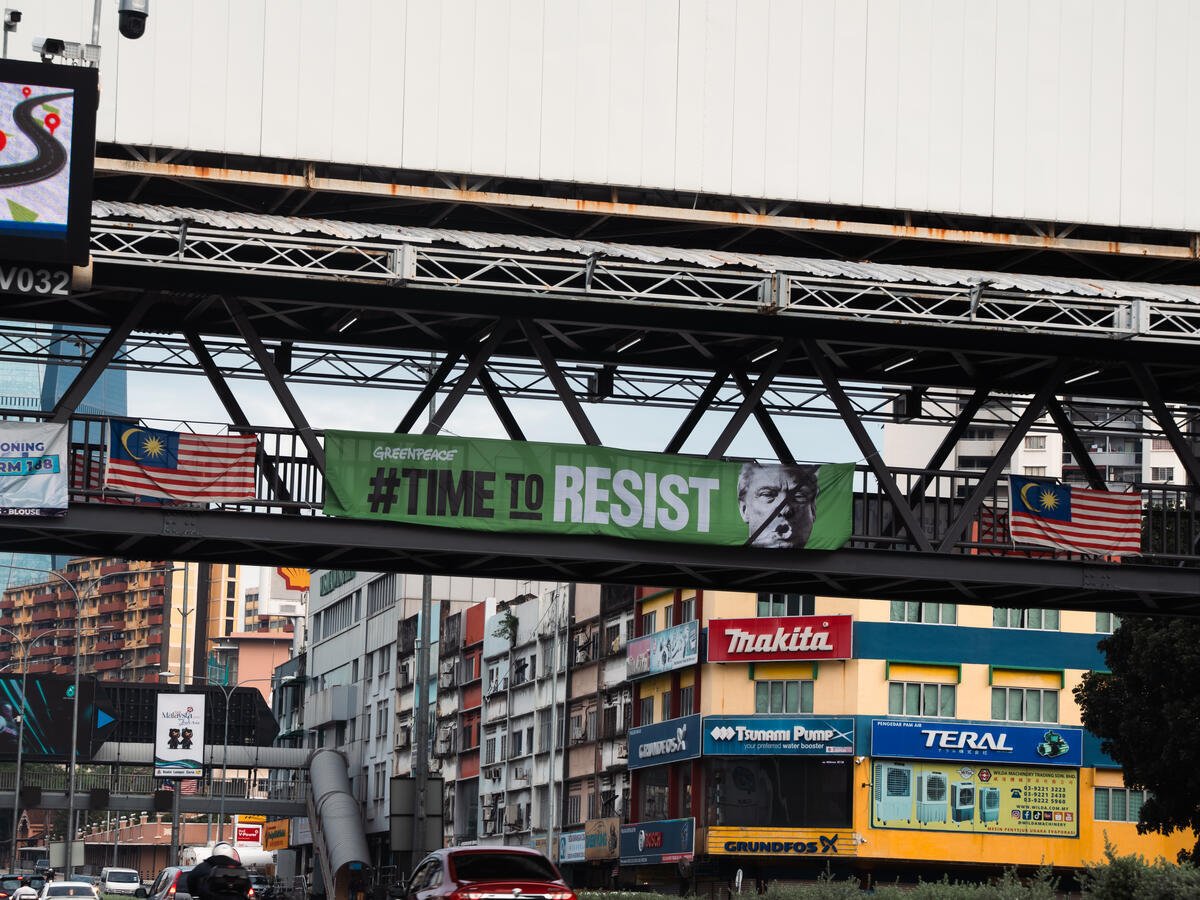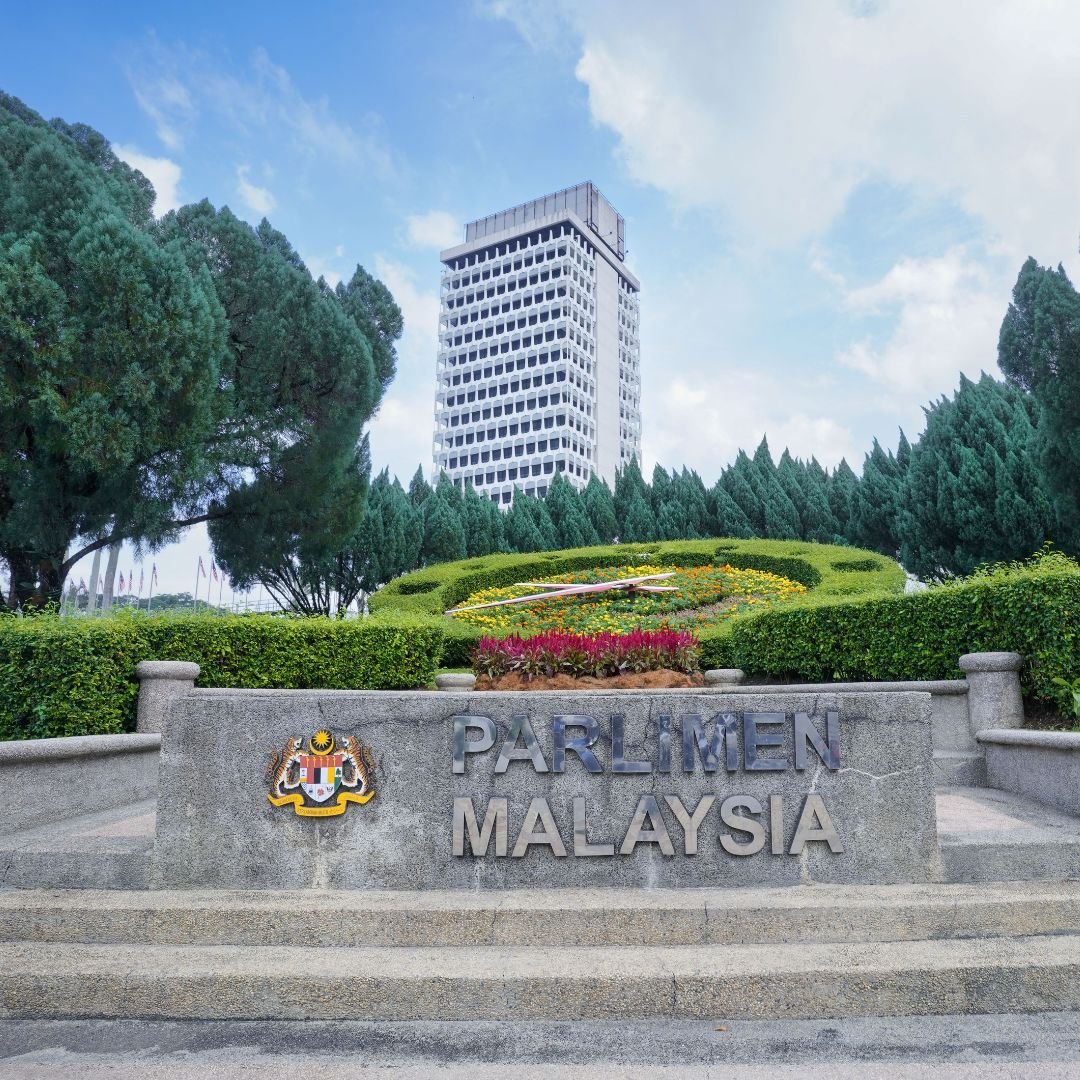Kuala Lumpur, Malaysia, 13 April 2021 – Maybank Group continues to invest in coal power despite recognising the “environmental impact associated with coal-fired power generation” as stated in Maybank’s 2019 Sustainability Report. Environmental groups are calling for Maybank to adopt clear policy, ruling out any financial support to coal power and coal mining and phase out exposure to coal in accordance with the climate goals of the Paris Agreement with the recommendation to scale up support for the clean, renewable energy that is financially and environmentally sustainable.
Maybank developed a Responsible Lending Guideline to manage environmental, social and governance (ESG) risk in 2015. While commitments “to not finance activities that could have a significant adverse impact on the environment and surrounding communities” and “supporting the transition to greener power generation” were made in the bank’s 2019 Sustainability Report. However despite these commitments, the bank’s exposure to the coal industry has provided significant finance to coal, at approximately US$1,8 billion from 2010 to 2019.
In 2014, Maybank was involved in a syndication loan to Adaro Energy, one of Indonesia’s biggest coal producers. Followed by an agreement in 2020 to finance Jawa 9 and 10, a 2.000MW coal power station in Indonesia, despite the project being the subject of a lawsuit for failing to comply with Indonesian laws regarding public consultation, the environmental impact assessment and emission/pollution controls. If successful, the lawsuit could lead to the cancellation of the environmental permit, making this project a high-risk investment.
The coal industry as a whole is fraught with risk. The International Energy Agency in its 2020 World Energy Outlook has predicted the terminal decline of coal, with COVID-19 “catalysing a structural fall in world coal demand” from which it is not predicted to recover. Maybank’s approach also goes against the statements of the head of Malaysia’s central bank who stated that climate change “threatens our socio-economic prosperity here in Southeast Asia. It poses risks to the fiscal position of governments, the viability of the business and the living standards of individuals.”
Malaysia’s three big banks, Maybank, CIMB, and RHB, lent US $4.9 billion through bonds and loans to coal during 2010-2019. Last year, CIMB made progress on this front by announcing to no longer fund coal power projects and thermal coal mines, except where the bank has an existing commitment. While committing to develop a comprehensive plan to reduce its coal exposure to zero by 2040. With CIMB making this announcement, we expect to see other banks in the region to follow suit in order to ensure they live up to sustainability commitments and do not fall behind.
At present, Maybank has no policy restricting finance to coal power and its exposure to coal represents a small percentage of their portfolio. However, the fact remains that any support of coal expansion threatens a safe climate. Oxford University researchers have found that in order to meet the goals of the Paris climate agreement, in addition to the current pipeline of coal power plants being cancelled, over 20% of current global capacity would have to be stranded.
By funding more coal plants, Maybank is worsening the impacts of the climate crisis in the region.
Organisations supporting the campaign include Asian Peoples’ Movement on Debt and Development (APMDD), Greenpeace Southeast Asia, Indonesian Forum for the Environment (Walhi), Indonesian Mining Advocacy Network (Jatam), and Trend Asia.
Related Posts
-

Climate, forest protection roadmaps slashed from formal COP30 outcome as people demand change
Belém, Brazil – What started with strong hope and promise ended without actionable roadmaps to end forest destruction and the burning of fossil fuels, as geopolitical divisions again showcased the…
-

Critical minerals, critical exploitation
26 October 2025, Malaysia signed a MoU on Critical Minerals Supply Chains and an Agreement on Reciprocal Trade with the US. Greenpeace expands on its concerns.
-

Incremental progress on Budget 2026 climate ambitions not enough
Greenpeace Malaysia reacts to budget 2026
